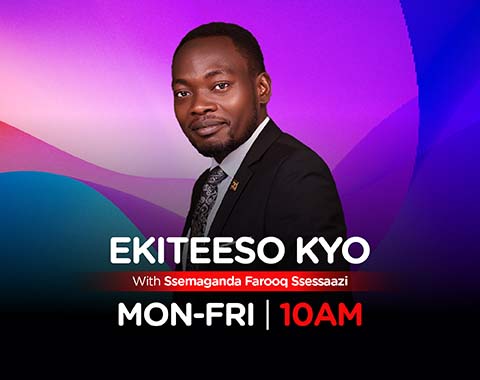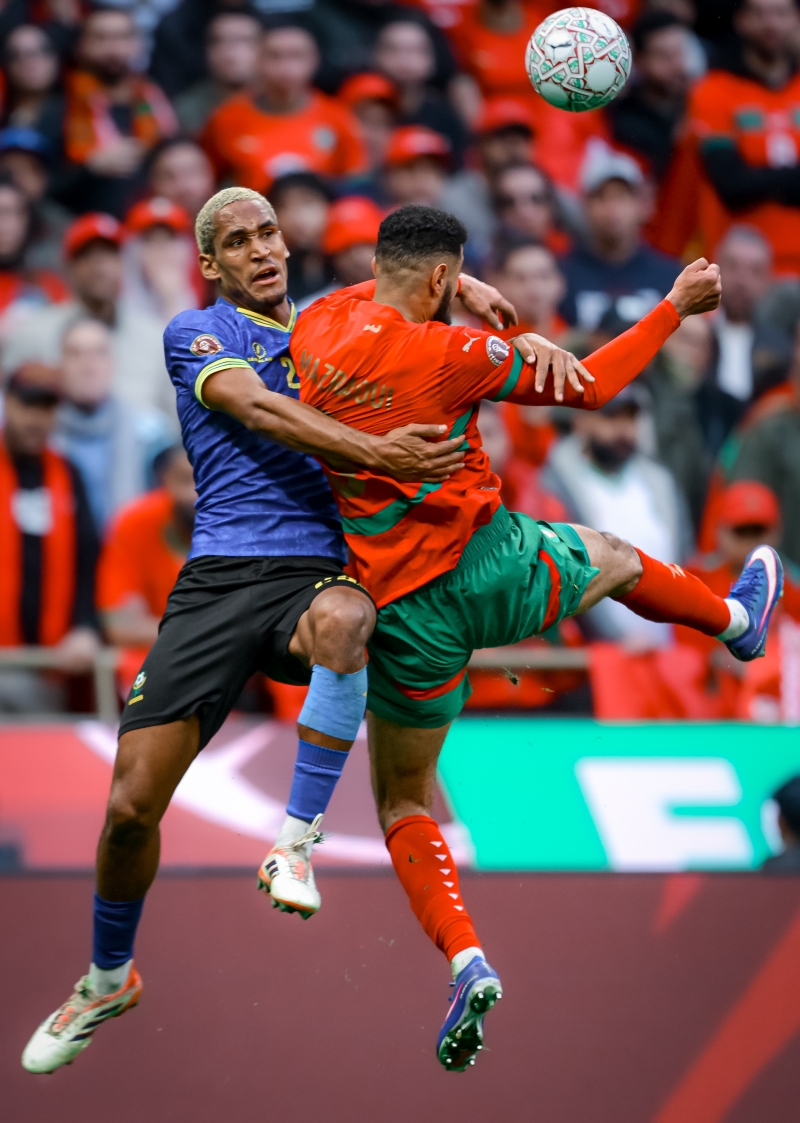A wave of hope swept through Bukerere Primary School as the Rotary Club of Sonde, in partnership with the Umbrella Cerebral Palsy Network Association and medical specialists, held a dedicated health outreach for children living with cerebral palsy.
At least 35 children most accompanied only by their mother, received individualised medical assessments, nutritional guidance, and psychosocial support in what community members described as a “long-awaited lifeline.”
President Christine Benadet Alupo of the Rotary Club of Sonde said the initiative was born out of an urgent need to integrate children with special needs into mainstream education and community life.
“Recognizing the existence and dire needs of children with special needs gave us the conviction to act,” she said. “We partnered with the Network for Cerebral Palsy to establish a classroom integrated within Bukerere Primary School. Many parents struggle with stigma, lack of information, and limited support. This initiative brings services closer to them and assures them that they are not alone.”
President Alupo noted that while the partnership has enabled families to access support, significant gaps remain. Volunteers serving the children are not professionally trained, and the facility requires more specialists, continuous medical supplies, and long-term partners to sustain interventions.
She added that the Rotary Club will conduct periodic assessments: “Today’s health camp is only one step. We want consistent care—medical, psychosocial, and nutritional. And we are calling on every potential partner to join us.”
The outreach drew notable medical professionals, including pediatric neurologist Dr. Stephen Byarugaba of the Children’s Medical Centre, who offered pro-bono consultations.
After a day of assessments, Dr. Byarugaba highlighted troubling but common patterns: “Most of the children here suffer from birth asphyxia oxygen deprivation during difficult labor and this is a major cause of cerebral palsy. Many have spastic or dyskinetic forms of the condition, and several struggle with speech delays, cognitive impairments, feeding challenges, seizures, and severe malnutrition.”
He stressed the need for specialized feeding guidance and access to assistive devices such as wheelchairs and posture-support equipment. Malnutrition, he added, remains a major concern: “These mothers have not been trained on feeding methods appropriate for their children. Some babies cannot chew or swallow properly. A structured nutrition program is essential for recovery and rehabilitation.”
Dr. Byarugaba emphasized that although government facilities provide medications for seizures and related complications, transport costs and long distances prevent many families from accessing care.
According to Kirungi Christine of the Umbrella Cerebral Palsy Network, most families face emotional exhaustion and financial strain: “Children with cerebral palsy require continuous medical, social, and mental health support. Families get worn out. When the backup system fails, the child’s condition worsens.”
She notes that disability inclusion remains a challenge: “As you can see, almost all the caregivers here are mothers. Many fathers abandon families because of stigma or misconceptions that cerebral palsy is witchcraft. This leaves children with very limited chances of receiving proper intervention.”
The purpose of the assessments, Kirungi said, is to build individualized care plans tailored to each child’s needs.
Dr. Charles Olaro, Head of the Medical Department at the Ministry of Health (Director of Curative Services) outlined the club’s commitment to expanding support structures for families: “Last year, we constructed a classroom block. This year, we are upgrading it to accommodate children with disabilities. We are working with the church and the Diocese of Lugazi to elevate this facility to a Health Centre III.”
Rotary has already secured a global grant to procure medical equipment and hopes to complete the upgrade by early next year. The new center would significantly increase drug allocations and improve access to essential care.
Andrew Cohen Businge one of the residents who spoke at the event urged parents to reject stigma and bring affected children out of hiding: “Just like we once stigmatized HIV until we overcame it, we must end the stigma around cerebral palsy. Every child is a gift from God. Bukerere Primary School now has a center ready to assist—no parent pays a fee for their child’s care.”
The resident blamed failure to tackle the chalenge decisively on the reliance on witchcraft, poverty and lack of information: “People turn to witch doctors because they don’t know the truth. If the message reaches everyone, they will seek the right care.”
Community leaders closed the outreach with a strong appeal for acceptance and compassion: “Disability is not inability,” one speaker said. “Children with disabilities deserve love, empowerment, and inclusion, being part of our future.”
As the sun set over Bukerere, volunteers continued their work—recording medical notes, dispensing medication, and comforting anxious caregivers. For many families, this day marked the beginning of renewed hope, compassion, and community solidarity.













